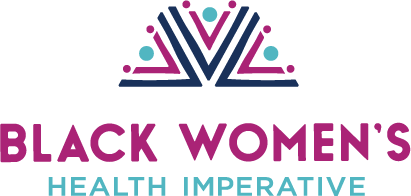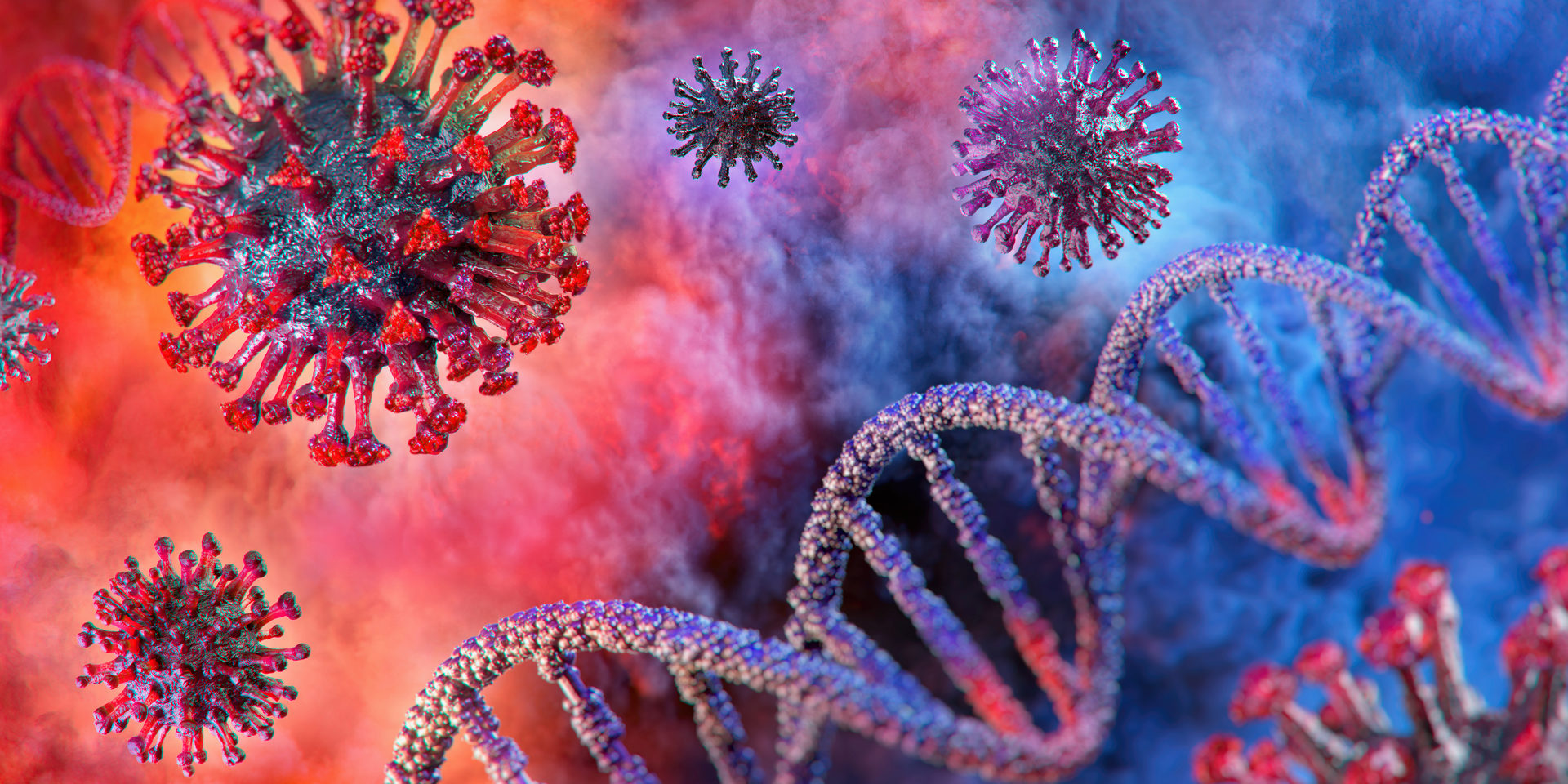BWHI is concerned about your health in the face of this viral pandemic that was just formally declared by the World Health Organization. The COVID-19 is rapidly making its way across the country, and we want you to be prepared. COVID-19 is a strain within a family of viruses in the corona family, which has been around for decades. The virus is spread by respiratory droplets and contact with viral material from contaminated surfaces. It is spread when a person coughs or sneezes and releases viral particles into the air that are inhaled by another person. It can also survive on surfaces for hours to days and is spread when a person touches a contaminated surface and then touches their face, getting viral particles into their eyes, mouth or nose.
The symptoms are similar to cold or flu: fever, cough, and sometimes difficulty breathing. People who are over 60 or are immune suppressed are more vulnerable. For example, people taking medications for autoimmune conditions like Lupus or Rheumatoid Arthritis may be more at risk. Individuals with disorders like Diabetes and Heart Disease are also at an increased risk.
Even though it sounds very basic, the best way to protect yourself from the COVID-19 virus is to wash your hands often. Also, sanitizing your environment (don’t forget your cell phone and the interior of your car) with disinfecting wipes is helpful. Most of us have been using bleach for years and it turns out that bleach-containing solutions are very effective at killing this virus. It is a good idea to avoid shaking hands or getting close to people in public to avoid infection.
BWHI is concerned about the government’s response to this serious viral threat. For that reason, we recommend being hypervigilant to protect yourselves. We recommend that everyone prepare for a possible quarantine by having at least a 4-week’s supply of essential items like food, water, and medicine on hand at all times. In fact, we recommend being prepared at all times for any potential emergency in the future. If you are over 60 or at an increased risk, the CDC also recommends the following:
- Avoid non-essential travel involving long plane rides.
- Avoid taking any cruises
- Avoid crowds and people who are sick
- Avoid touching “high-touch” surfaces in public areas
- During a COVID-19 outbreak in your community, stay home as much as possible
If you think you have COVID-19, call your medical provider. Most people can recover from the virus at home. If you develop any of the more serious symptoms listed below, you should seek medical attention right away:
- Difficulty breathing or shortness of breath
- Persistent pain in your chest
- New onset confusion or difficulty arousing
- Bluish lips or face
BWHI cares about your health. We urge you to practice extreme care and caution during this emerging health crisis. Best health wishes!




